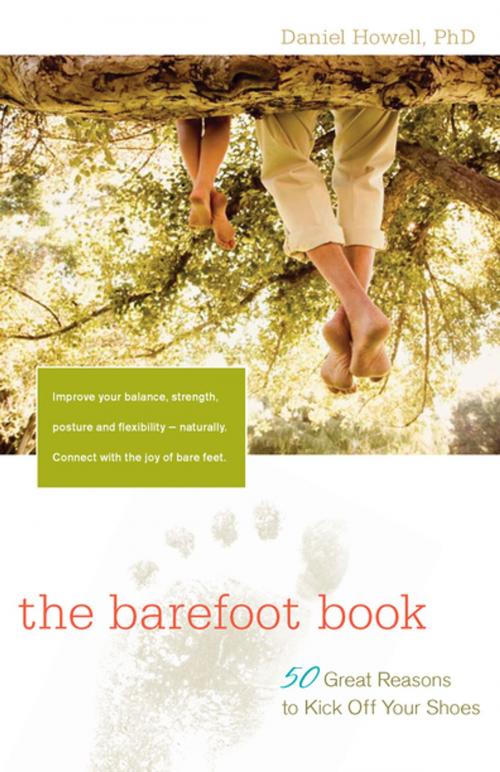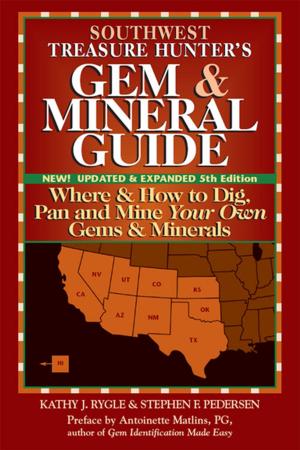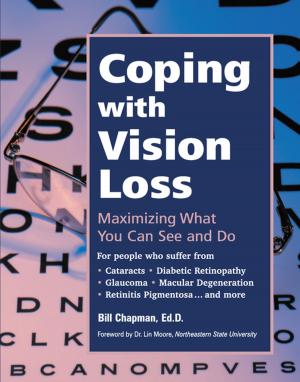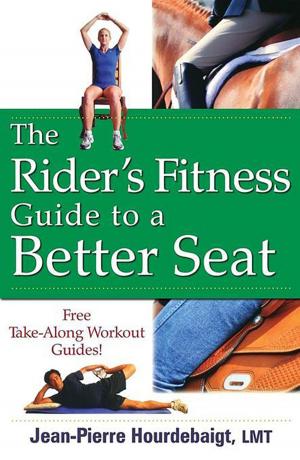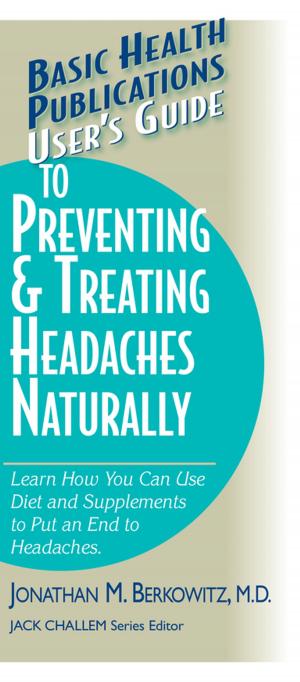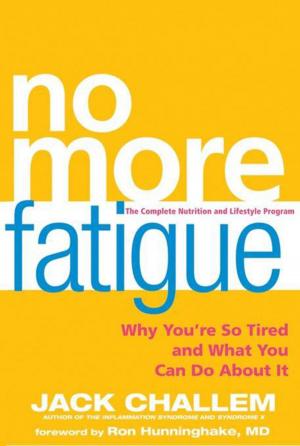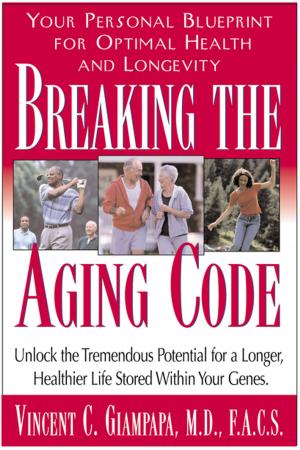The Barefoot Book
50 Great Reasons to Kick Off Your Shoes
Nonfiction, Health & Well Being, Health, Healthy Living| Author: | L. Daniel Howell | ISBN: | 9780897935968 |
| Publisher: | Turner Publishing Company | Publication: | January 1, 2011 |
| Imprint: | Hunter House | Language: | English |
| Author: | L. Daniel Howell |
| ISBN: | 9780897935968 |
| Publisher: | Turner Publishing Company |
| Publication: | January 1, 2011 |
| Imprint: | Hunter House |
| Language: | English |
Americans are chronic shoe-wearers. We wear shoes almost constantly, certainly in public spaces, and often within the comfortable walls of our own homes. We need shoes. We need them for warmth and for protection. We wear shoes to be fashionable and because it's expected. And what's wrong with that?
The Barefoot Book explores this question and provides a surprising answer. What's wrong is that chronic shoe wearing is negatively affecting our health and especially the health of our feet.
According to author L. Daniel Howell, the warm, moist environment of a shoe-clad foot makes a perfect condition for fungus and bacteria to grow. Poorly fitting shoes cause or exacerbate a host of foot issues from hammer-toes, bunions, and ingrown toenails to fallen arches and Hallux valgus. And high heeled shoes are the worst culprits of all with chronic use damaging the knees, spine, and posture. In fact, continuous wearing of shoes--any shoes--is a problem.
Howell explains how shoes redistribute weight, alter joints, weaken foot muscles, decrease foot flexibility, and eliminate sensory feedback from the sole and shock absorption of the arch. This leaves feet weak, fragile, and even more dependent on shoes. BR>
If shoes are causing such problems, the solution is obvious: take them off. In The Barefoot Book, Howell describes the best and healthiest kinds of shoes to wear for the times we must wear shoes. For the rest of the time, he suggests we go barefoot, and gives tips for getting started on a more barefoot lifestyle. He suggests ways to ease into going barefoot more often, defines the best conditions and situations for going barefoot, identifies the risks, and provides ways to explain to people why you're going barefoot--particularly if you venture into public areas where shoes are expected.
Howell would like us to experience healthier feet and fewer trips to the podiatrist's office, to develop feet that are strong, flexible, and comfortable. After learning about the dangers of chronic shoe wearing and the health benefits of going barefoot, readers will likely agree.
Americans are chronic shoe-wearers. We wear shoes almost constantly, certainly in public spaces, and often within the comfortable walls of our own homes. We need shoes. We need them for warmth and for protection. We wear shoes to be fashionable and because it's expected. And what's wrong with that?
The Barefoot Book explores this question and provides a surprising answer. What's wrong is that chronic shoe wearing is negatively affecting our health and especially the health of our feet.
According to author L. Daniel Howell, the warm, moist environment of a shoe-clad foot makes a perfect condition for fungus and bacteria to grow. Poorly fitting shoes cause or exacerbate a host of foot issues from hammer-toes, bunions, and ingrown toenails to fallen arches and Hallux valgus. And high heeled shoes are the worst culprits of all with chronic use damaging the knees, spine, and posture. In fact, continuous wearing of shoes--any shoes--is a problem.
Howell explains how shoes redistribute weight, alter joints, weaken foot muscles, decrease foot flexibility, and eliminate sensory feedback from the sole and shock absorption of the arch. This leaves feet weak, fragile, and even more dependent on shoes. BR>
If shoes are causing such problems, the solution is obvious: take them off. In The Barefoot Book, Howell describes the best and healthiest kinds of shoes to wear for the times we must wear shoes. For the rest of the time, he suggests we go barefoot, and gives tips for getting started on a more barefoot lifestyle. He suggests ways to ease into going barefoot more often, defines the best conditions and situations for going barefoot, identifies the risks, and provides ways to explain to people why you're going barefoot--particularly if you venture into public areas where shoes are expected.
Howell would like us to experience healthier feet and fewer trips to the podiatrist's office, to develop feet that are strong, flexible, and comfortable. After learning about the dangers of chronic shoe wearing and the health benefits of going barefoot, readers will likely agree.
